

Ben Zachariah
Renault Sport may be revived to bridge gap to Alpine – report
1 Hour Ago

Contributor
Following a record year which saw Japanese automotive giant Toyota sell more than 11.2 million vehicles worldwide, the company has announced plans to back off the throttle in 2024 – raising questions about its already lengthy wait times for popular models.
In 2023, the Toyota Motor Corporation (TMC) – which includes the core Toyota brand, its luxury Lexus division, the Daihatsu small-car arm and Hino trucks – set a new global vehicle sales record and became the world’s best-selling automaker for the fourth consecutive year.
However, Automotive News Europe reports Toyota CFO Yoichi Miyazaki said in a quarterly financial report to investors that the company will slow down its production rate for the 2024 Japanese financial year (which starts in March 2024), forecasting labour shortages and supplier burnout as potential weaknesses.
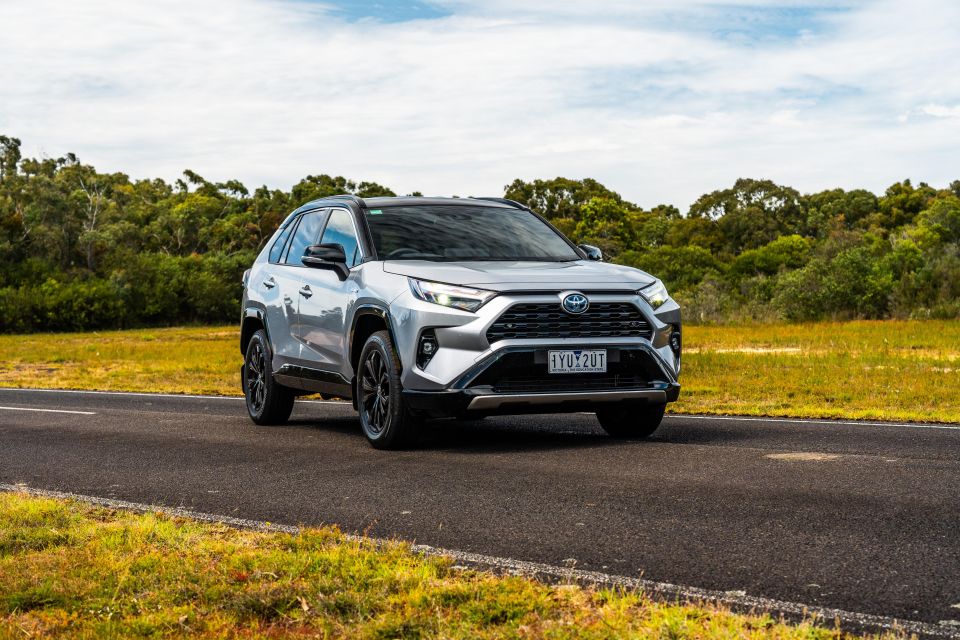
“We look back on the year [2023] as if we were sprint runners,” said Miyazaki-san.
“We need initiatives that will allow us to run a marathon.
“As for the pace next year [2024], we will re-evaluate and review the cruising speed.”
It’s not yet known what impact Toyota’s new production rate will have on wait times for its most popular models. We’ve contacted Toyota Australia for comment.
Last month, Toyota Australia’s vice president of sales and marketing, Sean Hanley, told CarExpert the company expected to slash wait times by mid-2024 to four to six months – down from highs of 24 months (RAV4 Hybrid) to 12 months (Camry Hybrid) throughout the COVID-19 pandemic.
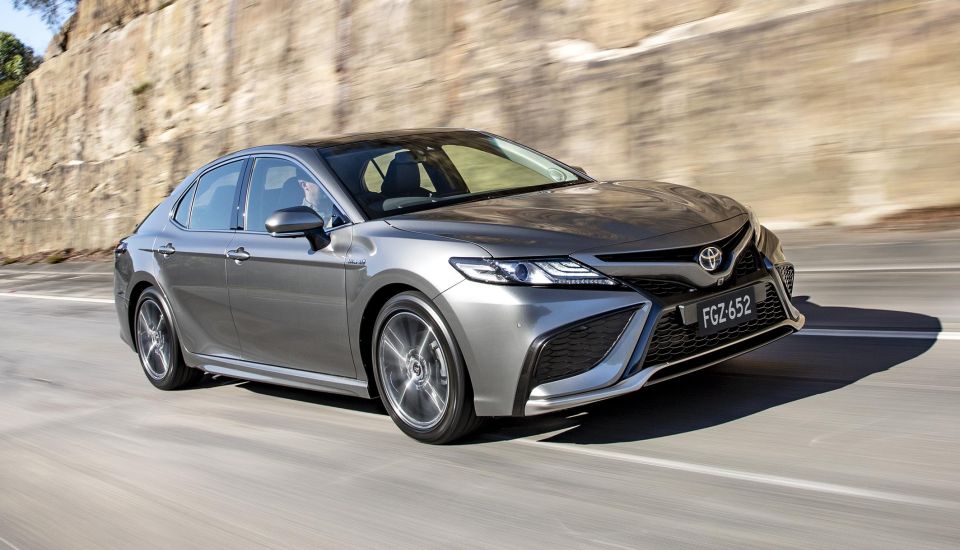
Toyota’s production ramp-ups have also exposed weaknesses within the wider company, with all four of its brands implicated in data falsification or cheating scandals in less than two years.
In July 2022, Hino admitted to have falsified emissions data for 860,000 commercial vehicles globally since 2003.
In December 2023, Daihatsu suspended manufacturing in Japan following the discovery that it falsified safety data and used unauthorised safety testing procedures, dating back to 1989.
Last month, TMC announced it had discovered “irregularities” during engine testing of three turbo-diesel powertrains produced by Toyota Industries Corporation (TICO).
The three engines were found to have been fitted with engine control units (ECUs) during certification testing which differed from those in mass production, with TMC effectively admitting to cheating official tests.
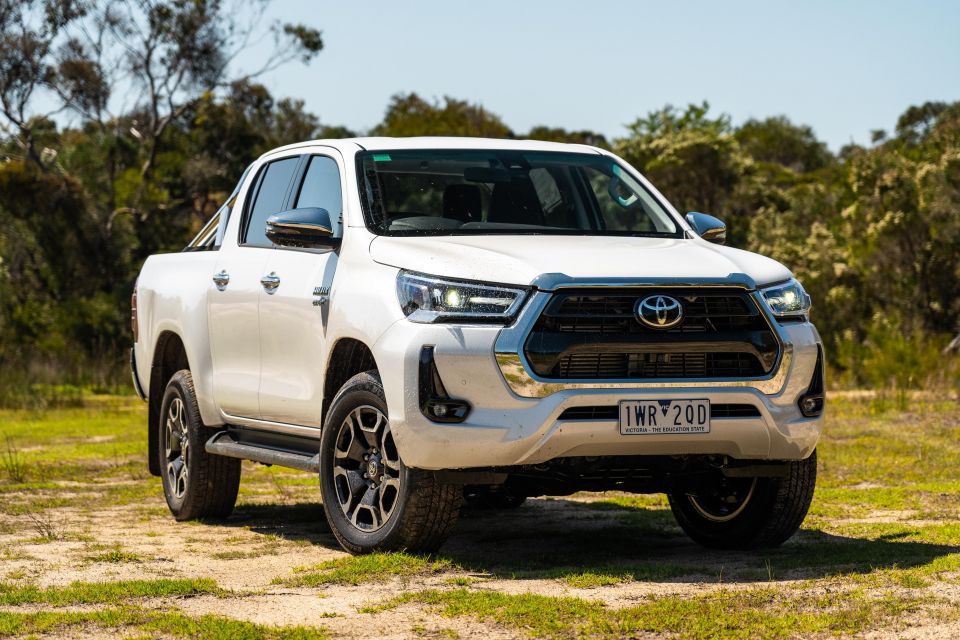
Production of Australian-bound models such as the Toyota LandCruiser 300 Series, LandCruiser 70 Series, HiAce and Lexus LX has temporarily been suspended as a result of the investigation.
TICO has also suspended shipments of the affected engines and vehicles equipped with them – which includes the HiLux, Fortuner, Granvia and the aforementioned models impacted by the production shutdown.
Toyota CEO Koji Sato later apologised for the scandal, telling Japanese media the company’s management “was not able to fully comprehend and keep track of the details of what was happening on the ground”.
“We recognise that not only people at the testing site but also management did not have proper understanding of certification,” he added.
Where expert car reviews meet expert car buying – CarExpert gives you trusted advice, personalised service and real savings on your next new car.
Born and raised in Canberra, Jordan has worked as a full-time automotive journalist since 2021, being one of the most-published automotive news writers in Australia before joining CarExpert in 2024.


Ben Zachariah
1 Hour Ago


Damion Smy
2 Hours Ago


Damion Smy
4 Hours Ago
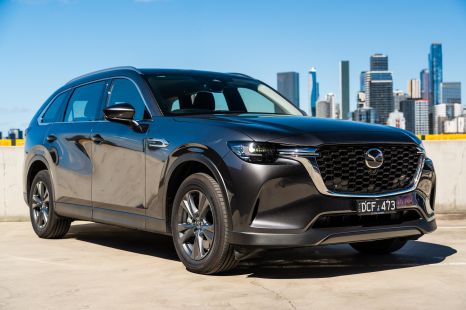

William Stopford
4 Hours Ago
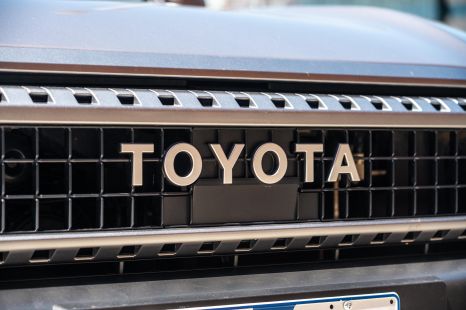

Damion Smy
4 Hours Ago


Ben Zachariah
5 Hours Ago